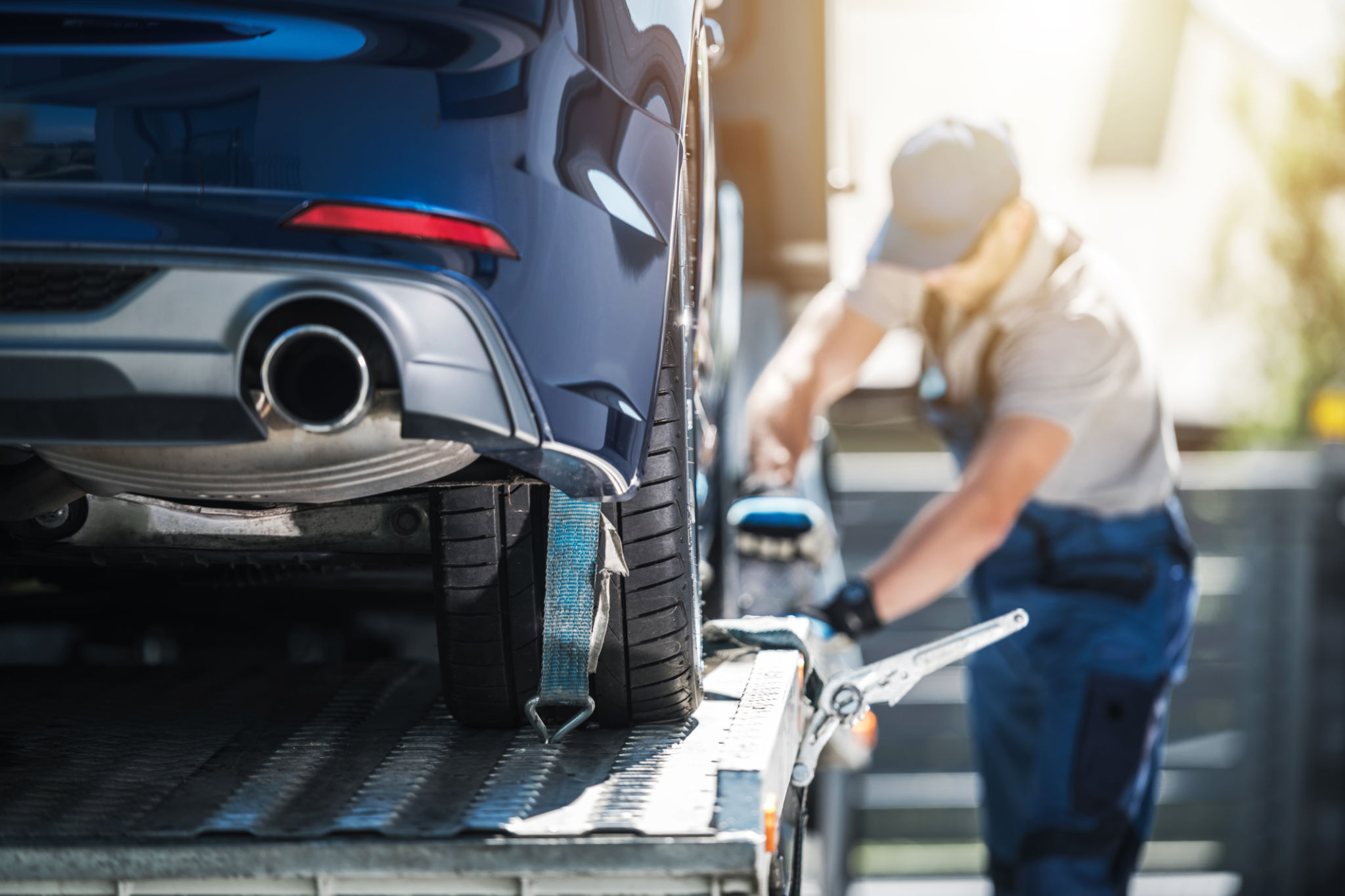Exploring Alternative Solutions to Avoid Vehicle Repossession
Understanding Vehicle Repossession
Vehicle repossession can be a daunting prospect for anyone facing financial difficulties. When you fall behind on car payments, lenders may take action to reclaim the vehicle. This process not only affects your credit score but can also disrupt your daily life. Understanding the steps involved and your options can help you take control of the situation.
Repossession typically occurs when you miss several payments. Lenders have the right to take back the vehicle without prior notice, depending on the terms of your loan agreement. This immediate impact can leave you scrambling for solutions, emphasizing the importance of addressing financial issues early.
However, repossession is not inevitable. By exploring alternative solutions, you can potentially avoid this outcome and maintain possession of your vehicle.

Communicate with Your Lender
The first step in avoiding repossession is to communicate with your lender. Many people are surprised to learn that lenders often prefer to work with borrowers rather than repossess vehicles. Repossession is costly and time-consuming for lenders, making negotiation a mutually beneficial option.
Contact your lender as soon as you anticipate difficulty making payments. Explain your situation honestly and ask about available options. Some lenders may offer temporary relief through modified payment plans or deferred payments.
Refinancing Your Loan
Refinancing is another viable solution for avoiding repossession. By securing a new loan with better terms, you can reduce your monthly payments and ease financial strain. This option is particularly useful if interest rates have fallen or your credit score has improved since you first took out the loan.
To refinance, you will need to shop around for lenders willing to offer better terms than your current loan. Compare interest rates and loan conditions to find a solution that fits your budget.

Exploring Assistance Programs
Assistance programs can provide much-needed support in times of financial hardship. Various organizations offer aid to individuals struggling to meet their car payments, helping them avoid repossession.
Government programs, non-profit organizations, and community services may provide financial counseling, budget planning, or direct financial assistance. Research available programs in your area to see if you qualify for any support.
Selling or Trading In Your Vehicle
If keeping up with payments is unsustainable, selling or trading in your vehicle may be a practical solution. By selling the car, you can pay off the loan and potentially avoid a negative impact on your credit score.
Trading in for a more affordable vehicle might also be an option. This approach allows you to continue having reliable transportation while managing a more manageable payment plan.

Consider Voluntary Repossession
If all other options have been exhausted, voluntary repossession might be a last-resort consideration. By voluntarily surrendering your vehicle, you can avoid some of the fees associated with forced repossession, such as towing and storage costs.
This option still affects your credit score but may demonstrate responsibility to future lenders. Additionally, it allows you to negotiate terms and potentially reduce the deficiency balance owed.
Ultimately, facing potential vehicle repossession requires proactive measures. By exploring these alternative solutions and maintaining open communication with lenders, you can navigate financial challenges while minimizing long-term impacts on your credit and lifestyle.